|
I recently completed performance #129 of WRESTLING JERUSALEM at Cleveland Public Theater. We started keeping track of the number of performances back in the Fall. Partly so I could track the approach to performance #100, which I hit in NY, and which felt like a real milestone. But I also wanted to see, in numbers, the accumulating momentum of the project. What began in the Spring of 2014 at Intersection for the Arts in San Francisco—the initial 16 performances—has now taken me and this play to cities around the country including Minneapolis, Houston, Washington DC, Providence, Boston, Juneau, Los Angeles, New York and more. Nearly 14,000 people have seen the play, and half as many have participated in facilitated post-performance conversations. These conversations continue to be rich and full of vulnerability, curiosity and nuance.
We are the sum-total of our experiences, and as our contemporary culture descends more and more into partisan, tribal allegiances, the variation of our experiences is diminished. We surround ourselves with like-minded people. As we grow more self-righteous in our hardened positions, we grow more shallow. We do not understand “the other” because we do not want to. We just want to be right. This is the climate we’re living in, and it’s not just about Israel/Palestine. Whether we are pro-Israel, pro-Palestine, pro-Hillary, pro-Bernie, pro-Choice, pro-NRA, or whatever, we are losing the capacity to empathize with those that are different from us, because we never have contact with them. The recent Frank Bruni Op-Ed in the New York Times, How Facebook Warps Our Worlds, reflects on the algorithms of Facebook that are specifically designed to keep us seeing only what we want to see. Of course this is driven entirely for the marketplace: if I like blue cars, they show me blue cars. But when these algorithms point us towards news, cultural information and political perspectives, we're only reading what we already believe and we wind up burrowing deeper and deeper into our silos. As Bruni points out, Facebook’s self described mission is to bring the world closer together, but in many ways our world continues to grow farther and farther apart.
activist; that I give the same due to the Israeli father whose kid was killed in a suicide attack as I do to the Muslim teenager shot by the IDF. It’s not an exercise in moral equivalency, though my critics would say that it is. To me, it’s an exercise in acknowledging the subtleties of the very human experiences that got us here. We cling to the narratives that explain our own experience. And yet, if we don’t make the effort to look beyond our own narratives, beyond our own experiences, we’re bound to remain stuck inside our own shrinking world. If we happen to be the ones in power, then why should we listen to other side? We risk losing power. If we’re the ones not in power, why should we listen to the other side? We risk losing our very identity, and everything we fight for.
conversation, even as I grow more weary that the opposite is happening in so much of our public discourse. I set out to write a play that covered multiple perspectives and would stand for a rebuke against polemic concerning Israel/Palestine. The public discourse has grown so toxic I wanted to bring to light the varied human beings that live in the middle of this conflict, that it might remind us of our own humanity. But I did not realize I was writing a play that would firmly push back against the deeply positional discourse that dominates so many of our political and cultural conversations. How do I know it’s working? One sign is that Google has hired me to present WRESTLING JERUSALEM as an integral part of an on-going executive training on “Complexity and Collaboration.” Google executives from around the world come together for this training, and the play (or film) is being used to explore the practice of holding multiple perspectives. These executives are influential leaders who make decisions that affect people all over the world. They are faced with complicated problems and have to work with people of different backgrounds. WRESTLING JERUSALEM helps expand their sense of “other”, and gives the opportunity to engage with a work of art that invites them to be bigger, more generous, more curious, more thoughtful human beings.
2 Comments
|
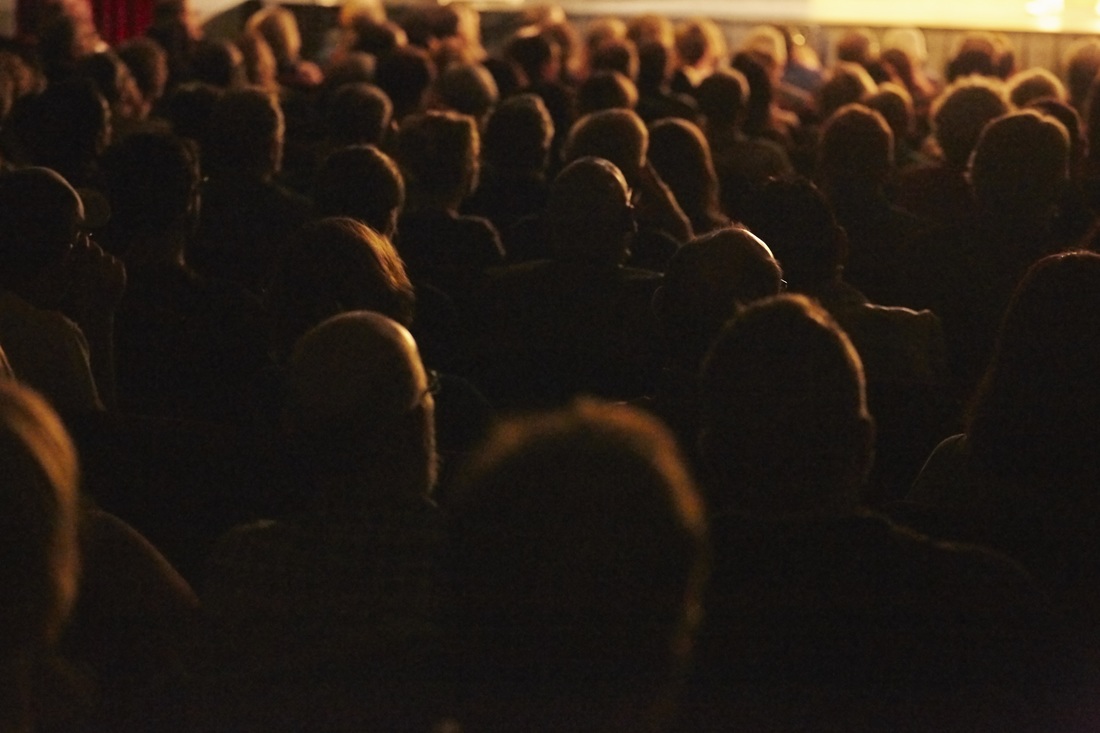
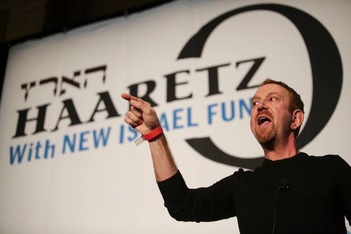
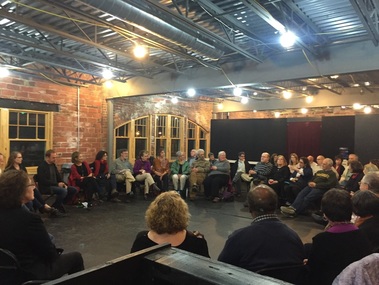
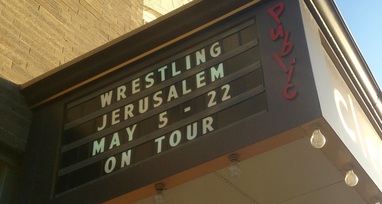
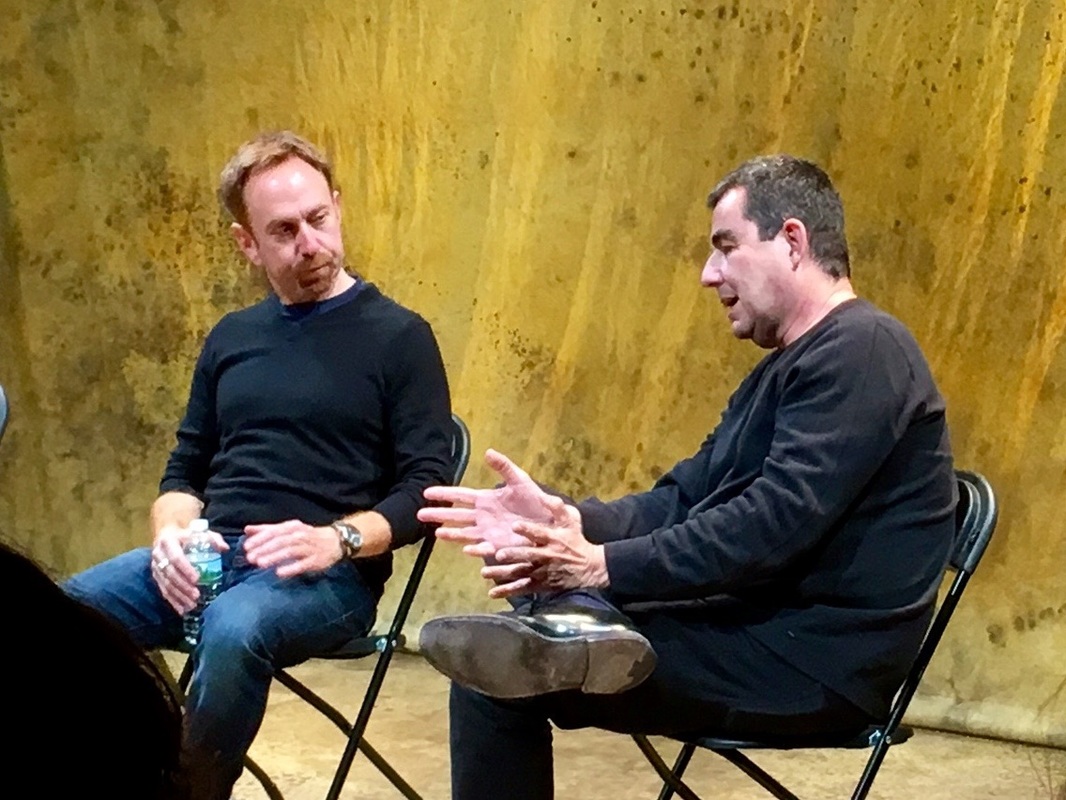
 RSS Feed
RSS Feed
